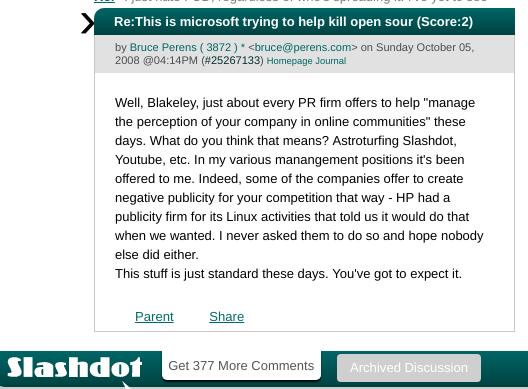Video download link
Summary: With changes that make Techrights more widely accessible (even outside the World Wide Web) and almost impossible to censor we'll start 2021 later this week; we already have some EPO leaks lined up for publication
SO, AS we noted last night, some things are changing for the better. We try to reduce strain/load on the site's server, we are constantly looking for new ways to make it more censorship-resistant (decentralisation among the means), and we're adding videos where they help explain some points. It should be noted that videos will never replace text, as text is inherently more useful and important; videos can be faster to make though, unless there's editing or scripting.
"We've not yet moved the site to the new datacentre, but that's intended to happen later this week."As mentioned above, the new front page is designed for performance and it lessens clutter. It leads to all the important sections of the site and the latest changes. The search is still somewhat fragmented, due to the way the site was historically put together and how it evolved. The old front page is still around, but it is now merely a subsection which targets new visitors. We expect to have a very productive year ahead. Our IRC bots, notably "viera", should have service restored soon (hardware issues, serious enough... to the point of causing downtime of about 4 weeks). We still plan to get better recording equipment if this presentation format (articles complemented/aided by videos) sticks. It's mostly experimental at this stage.
Last night we managed to compact our WordPress database by flushing out some cruft that wasn't needed. This means that backup windows will be shorter and downtimes (around the backup window/slot) will be somehow shorter. We've not yet moved the site to the new datacentre, but that's intended to happen later this week.

Readers have meanwhile notified us that the parent company of
ZDNet is now corrupting
SoylentNews by interjecting Microsoft spam into it (or maybe the site has simply been
tricked into posting Microsoft's anti-Linux spam, only to be confronted in the comments section). If
SoylentNews isn't careful, it'll end up like Slashdot (which it sought to outdo). People inside Slashdot (like Chris DiBona) told me about what had happened. Microsoft plays hardball. They have not only moles but also trolls. They infiltrate publishers like they do companies (
Nokia as an example was mentioned yesterday), so it's getting hard to trust publishers' (or their editors') integrity. InfoWorld Editor Nicholas Petreley wrote 21 years ago: "Even as a longtime critic of the company, I must admit that Microsoft occasionally flirts with the truth. Well, perhaps 'flirt' is too strong a word. Let's just say Microsoft sometimes honks and waves as it drives by her house."
Microsoft loves bribing publishers and there are many ways to pass a bribe. Microsoft attorney Jim Lowe once said: "If the price seems too good to be true, it generally is."
Trolling sites like Slashdot (with corporate funding,
like Microsoft's) isn't uncommon, as
Bruce Perens explained some years ago. Here's the key part:

As our associate put it this morning, "there are a lot of people who do not realise that so much of what is left of the trade press is actually owned by mass marketing media companies like Red Ventures. Thus they aren't really reliable trade press any more."
Sites that cannot be corrupted by Microsoft are relatively few.
Groklaw was one, but
now it's offline (since October), not just inactive. This seems to be
permanent (we've attempted to contact people who maintained the site, to no avail) and Microsoft couldn't be happier about it! It helps revisionism.
⬆
"On the same day that CA blasted SCO, Open Source evangelist Eric Raymond revealed a leaked email from SCO's strategic consultant Mike Anderer to their management. The email details how, surprise surprise, Microsoft has arranged virtually all of SCO's financing, hiding behind intermediaries like Baystar Capital."
--Bruce Perens
“What’s this about pay-grade? It’s a military term, often misappropriated by civilians who are avoiding an ethical decision. It’s a good excuse in the military: politicians are accountable for the decision to enter a war, while the military are oath-bound to follow orders at pain of court-martial and possibly execution, and are only accountable for the conduct of the war. But Miguel is no soldier. He’s the founder of a company previously merged into Novell, and would not be subject to treason charges or capital punishment over this issue. Others, like Jeremy Allison, chose to leave the company while Miguel stayed.”
--Bruce Perens


